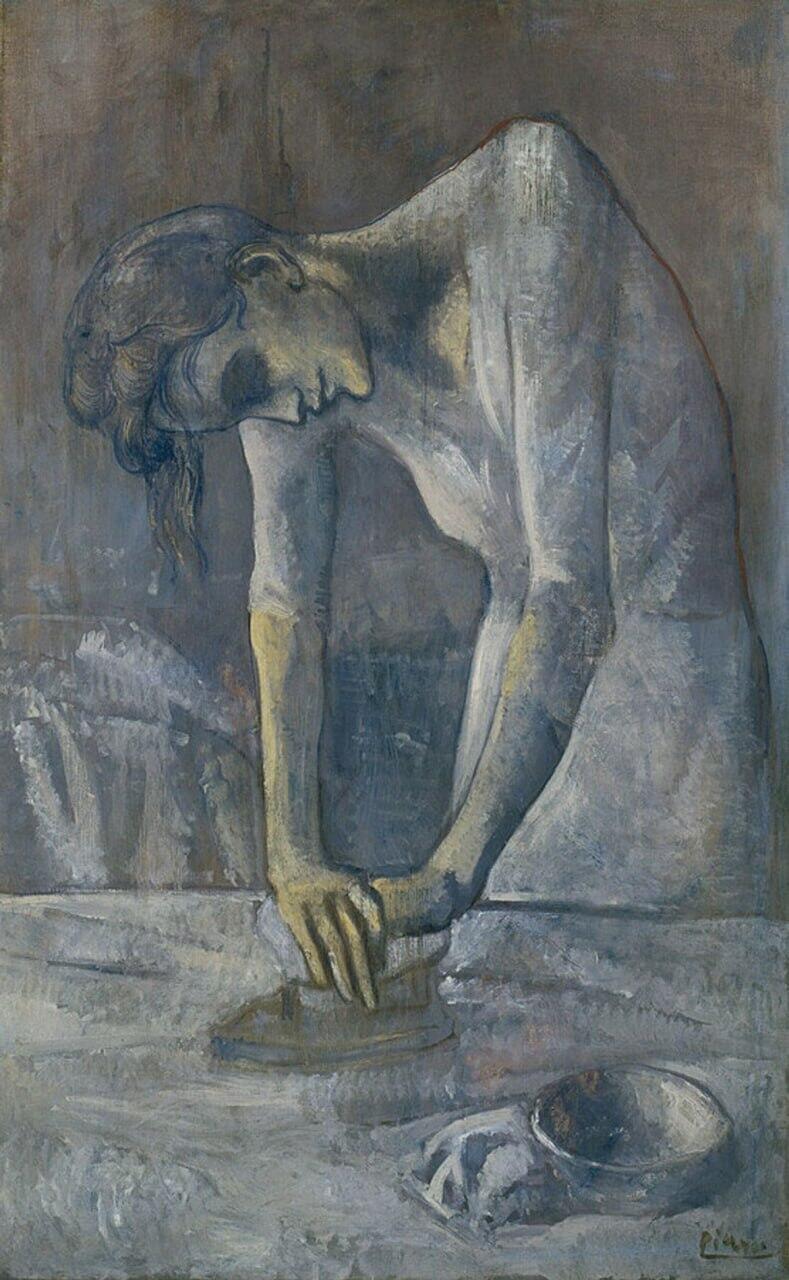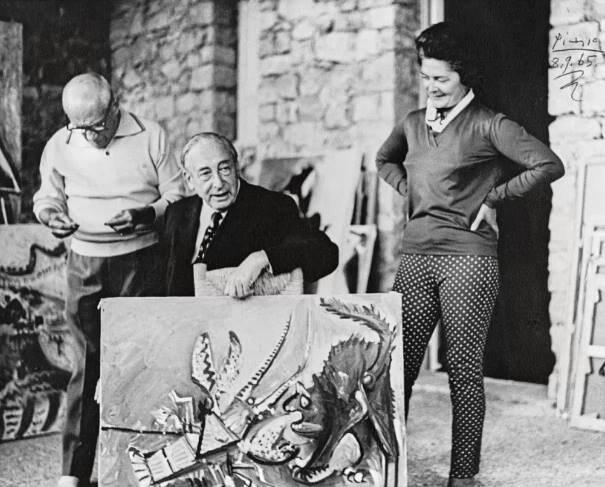A family of Holocaust survivors is engaged in legal action against New York's Guggenheim Museum over a piece by famed artist Pablo Picasso, valued at between $100 million and $200 million.
Descendants of Karl and Rosey Adler were demanding the family be given back a 1904 Picasso piece Woman Ironing, "La Repasseuse" which their relatives were supposedly forced to sell in 1938 while escaping the Nazis.
In a court filing, the family alleged the museum was illegally holding on to the painting which they say their relative sold under duress. “Adler would not have disposed of the painting at the time and price that he did, but for the Nazi persecution to which he and his family had been, and would continue to be, subjected,” the suit reads.
Karl Adler was the chairman of Europe's premier animal-hide manufacturer prior to the Nazi rise to power. He purchased La Repasseuse (a painting of a woman pressing clothes) in 1916 from an art gallery owner named Heinrich Tannhäuser.
The family finally fled Germany in 1938 escaping through the Netherlands, France, and Switzerland before finally reaching South America. To obtain short-term visas for the European countries, the Adlers sold "Woman Ironing" to Thannhauser's son, Justin, who had left Germany for Paris.
They received $1,552 (worth $32,000 today) for the oil on canvas, nine times less than the $14,000 that Adler had it valued at six years earlier.
"Thannhauser was well aware of the plight of Adler and his family, and that, absent Nazi persecution, Adler would never have sold the painting when he did at such a price," reads the complaint.
In response to the suit, the Guggenheim claimed that the suit filed, "strikingly fails to acknowledge" that the museum contacted the Adlers' son before taking ownership and that back then, Karl showed no objection to the Guggenheim owning the painting.
"(He) did not raise any concerns about the painting or its sale to Justin Thannhauser," the museum said.
In 2014, Thomas Bennigson, another relative of the Adler's learned that his grandmother may have once owned the painting. His lawyers corresponded with the Guggenheim for several years before demanding the work's return in June 2021, according to the lawsuit.
Bennigson's complaint -- which lists other distant relatives, several Jewish organizations, and non-profits as co-plaintiffs under America's Holocaust Expropriated Art Recovery Act passed in 2016, that provides victims of Nazi persecution and their heirs the opportunity to recover works of art seized by the Nazis.
But the Guggenheim said Adler's sale to Thannhauser "was a fair transaction between parties with a longstanding and therefore the law does not apply.
The plaintiffs allege Tannhäuser repeated the practice with other Jews on the run, thus unscrupulously making money off their distress. "He was well aware of the Adlers' plight and that short of the Nazi persecution, Karl would've never sold it at such a loss. They had to escape to avoid a much worse fate."
Tannhäuser eventually emigrated to New York and prior to his passing in 1976, left the Guggenheim his entire art collection, including La Repasseuse.
AFP contributed to this report
.




